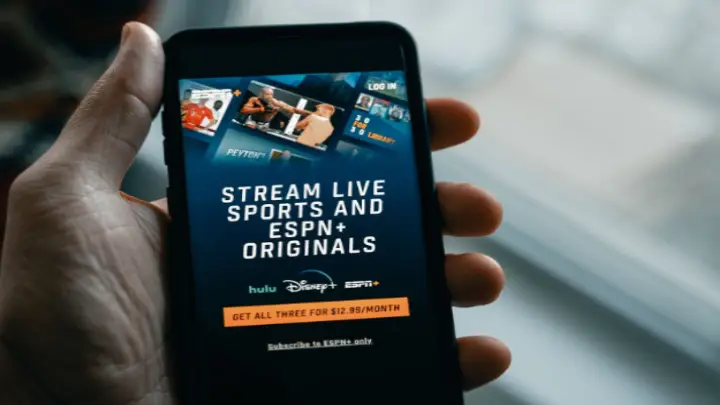When it comes to streaming, is a VPN worth using? That depends on what you’re streaming and where you’re streaming from. In some cases, a VPN can help get around geo-restrictions on certain content, for instance, if you want to watch Bravo TV Outside USA. But in other cases, using a VPN might not make much difference. Here’s a look at when it’s worth using a VPN for streaming and when it’s not.
Table of Contents
Why Should You Use a VPN When Streaming?
All the main streaming services, including Netflix, BBC iPlayer, and HBO Max, have geo-blocked content as a standard feature because of the variations in license arrangements worldwide. This implies that there will be TV shows, movies, and athletic events that you cannot see if you stream content from other countries.
One of the main benefits of VPNs is their ability to get around these limitations by giving the impression that you are accessing geo-restricted content from a permitted area. Your internet traffic is redirected to a remote server that is conveniently situated to achieve this.
Of course, VPNs are not impenetrable; occasionally, a streaming provider will pick them up. However, using a well-known VPN that offers strong encryption and numerous server locations (like ExpressVPN), you’ll be able to view a ton of geographically restricted content while avoiding detection.
You may be frightened by the thought of getting detected using a VPN to access geo-restricted content, but this need not be the case. It is unlikely that using a VPN will result in your account being banned. The worst-case scenario is that an error message will appear, and you won’t be able to view the information you’ve chosen.
Additionally, streaming with one is permitted as long as your location hasn’t completely banned VPN usage.
VPN Minimizes Buffering When Streaming
Online activities like streaming tend to consume a lot of bandwidth. Your internet service provider may then reduce the speed of your connection to make up for any network congestion. This is referred to as bandwidth throttling, which can result in extended intervals of continuous, bothersome buffering when streaming.
But if you use a VPN with strong encryption, you can successfully keep your online activities hidden from your ISP. As a result, you have less chance of experiencing bandwidth throttling while streaming and avoiding recurring buffering problems. This is another factor that makes a gaming VPN an unusual but precious ally when participating in online multiplayer gaming.
VPN Reduces Your Internet Speed
Although a good VPN can prevent network throttling and lessen buffering while watching, it may also slow down your internet connection. A VPN can slow down your internet speed because it sends your web traffic through an encrypted tunnel to a remote server.
Additionally, you’ll be able to select from many server locations that are not overrun with web traffic if you use a consistently fast VPN. There are probably acceptable servers among the available ones that are placed close by, so the distance your data must travel won’t result in much, if any, noticeable delay in connectivity.
Effective encryption and ideal internet speeds must ultimately be compromised slightly, but this does not negate the value of utilizing a VPN when streaming. Most of the time, internet speeds aren’t too slow to stream or browse. If you experience throttling, it’ll give you a consistently fast connection regardless of your actions. It is probably much more beneficial than a higher headline statistic that’s rarely actually reached in usage.
ExpressVPN: Our Recommendation For Best VPN For Streaming
ExpressVPN stands out from the other VPN services because of its superior pricing, feature set, and overall value. ExpressVPN is a good option for those who want security without making any concessions because it has over 3,000 servers located in almost 100 different countries, all of the necessary security measures, lightning-fast connection speeds, and dependable access to many streaming services.
While some users may find that other leading VPNs offer better options for a particular function, this one still provides the greatest overall experience for the vast majority of users.
Conclusion
First and foremost, a virtual private network (VPN) gives you the ability to access content that has been geo-blocked by a variety of providers, including Netflix, Amazon Prime, and HBO Max. Second, a virtual private network (VPN) can eliminate the ongoing buffering problems brought on by bandwidth restrictions. A Virtual Private Network (VPN) of sufficient quality is recommended for streaming content.
Moreover, if you invest in a reliable virtual private network (VPN) service (such as NordVPN, ExpressVPN, or Surfshark), the likelihood of a streaming service discovering your actual IP address or your Internet service provider finding your online behavior is significantly reduced.
Even though it’s common knowledge that virtual private networks (VPNs) slow down your internet connection, you shouldn’t allow that to deter you from using one. If you select a reputable internet service provider, you can stream content without experiencing a noticeable slowdown in your connection speed.

